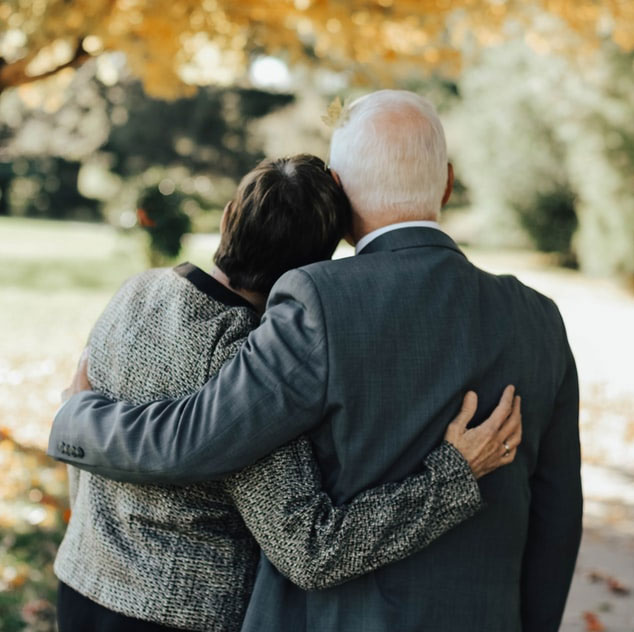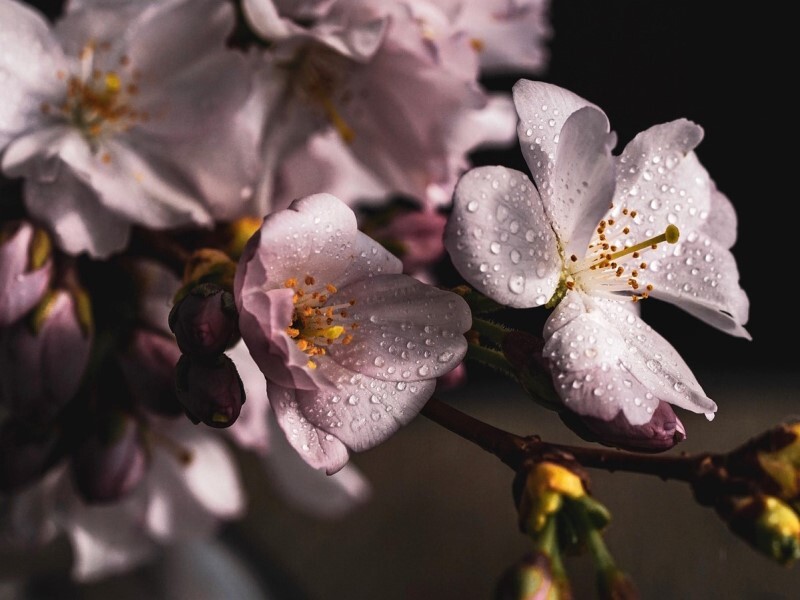The Importance of Funeral Ceremony Rituals
Rituals are symbolic experiences that help us, together with our families and friends, express our deepest thoughts and feelings about life’s most important events. For example, birthday parties honor the passing of another year in life. Weddings publicly affirm the private love shared by two people.
Like all rituals, the funeral ritual, is a public, traditional and symbolic means of expressing our beliefs, thoughts and feelings about the death of someone loved.

What do all rituals have in common?
Typically, public events, families, friends, church members, villages, even nations create and enact rituals. It’s a way of providing a support system for common beliefs and values.
Most rituals follow an established, specific procedure. The details will change, but the general pattern remains recognizable. The predictability of rituals helps participants feel at ease.
The symbol of ritual provides a means to express our beliefs and feelings when language alone will not do those beliefs and feelings justice.
A Funeral Helps Start You on the Path to Healing
Ceremony is a way to inform the community of a loved one’s passing, tell their story, and celebrate their life. Whether simple or elaborate, traditional or contemporary, a ceremony is most meaningful when it reflects your loved one’s relationships, hobbies, and the moments you shared together.
Memorializing your loved one may include one or any combination of the following choices:
Six Steps Along Your Grief Journey
While your grief journey will be unique, all mourners have certain needs that must be met if they are to heal. Though these needs are numbered one through six below, they are not intended to serve as orderly steps on the road to healing. Instead, you will find yourself bouncing back and forth from one to the other, and maybe even working on one or two simultaneously.
 Acknowledge the reality of the death
Acknowledge the reality of the death
 Move toward the pain of the loss
Move toward the pain of the loss
 Continue the relationship through memories
Continue the relationship through memories
 Develop a new self-identity
Develop a new self-identity
 Search for meaning
Search for meaning
 Continue to receive support from others
Continue to receive support from others
